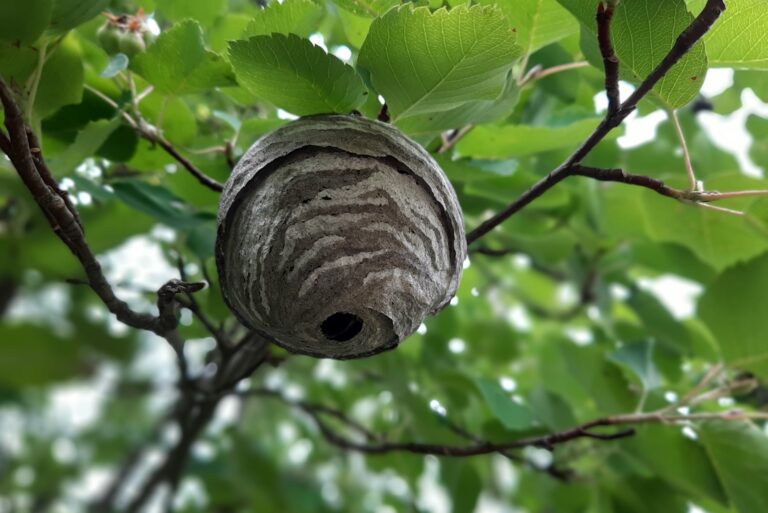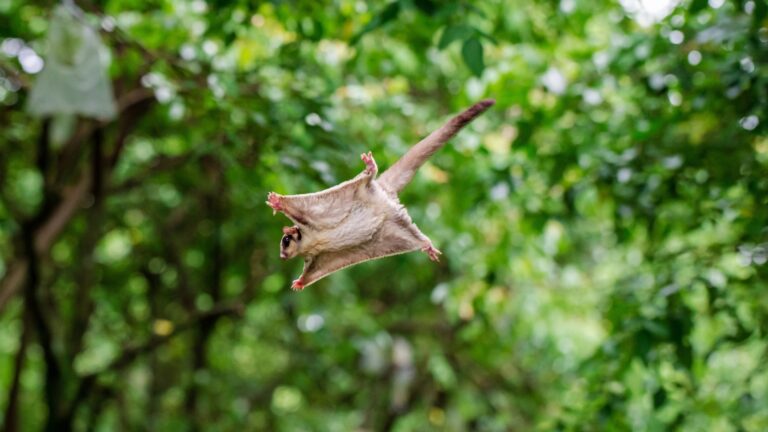7 Things North Carolina Residents Need To Know Before Moving A Raccoon
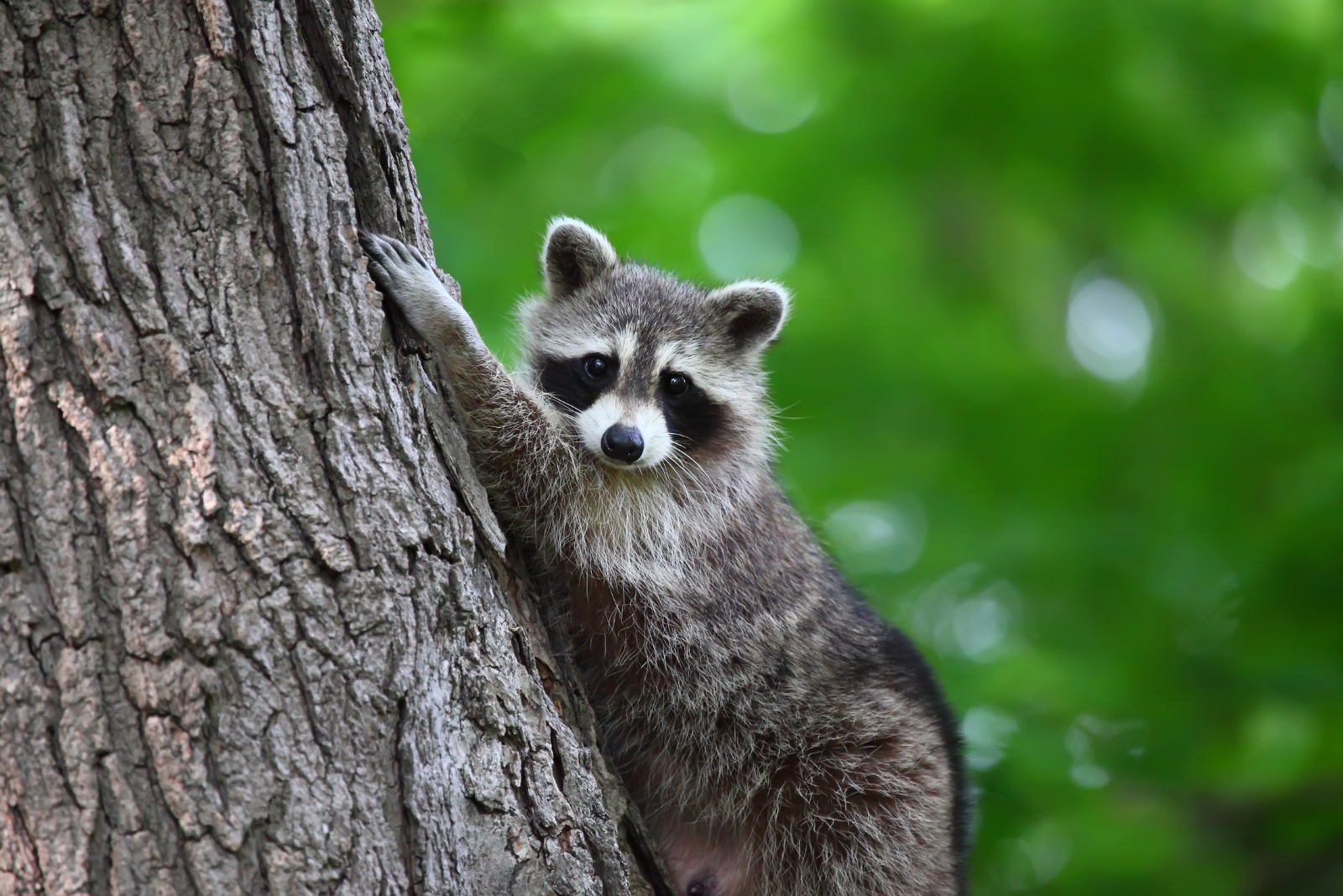
Raccoons in North Carolina have a habit of showing up exactly where they shouldn’t. I’ve watched people react too fast and make the situation messy.
Taking a steady approach helps everything go smoother. Handle it right and you avoid chaos completely.
1. It’s Illegal Without A Permit
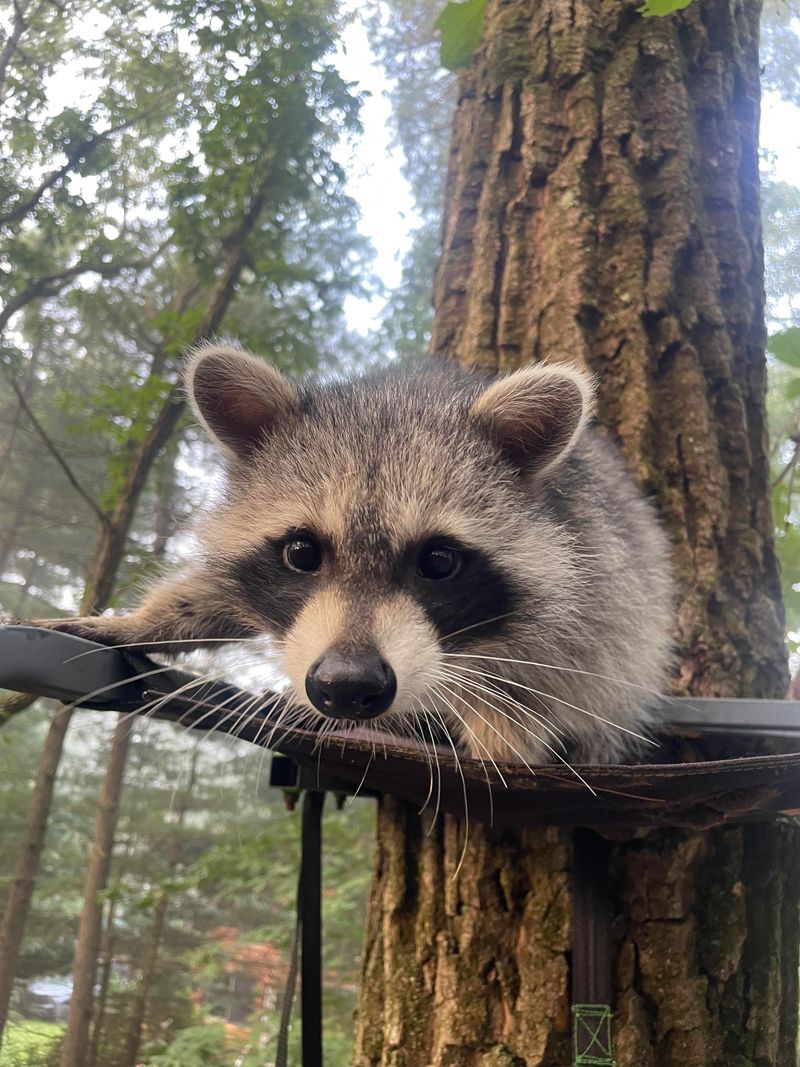
North Carolina wildlife laws are pretty strict about moving animals. You can’t just pick up a raccoon and drop it off somewhere else without permission from the state. The North Carolina Wildlife Resources Commission requires special permits for trapping and relocating wildlife.
Breaking this rule can result in hefty fines. Most people don’t realize that even trying to help an animal can get them in trouble. Always contact local authorities first before attempting any relocation.
2. Rabies Is A Serious Concern
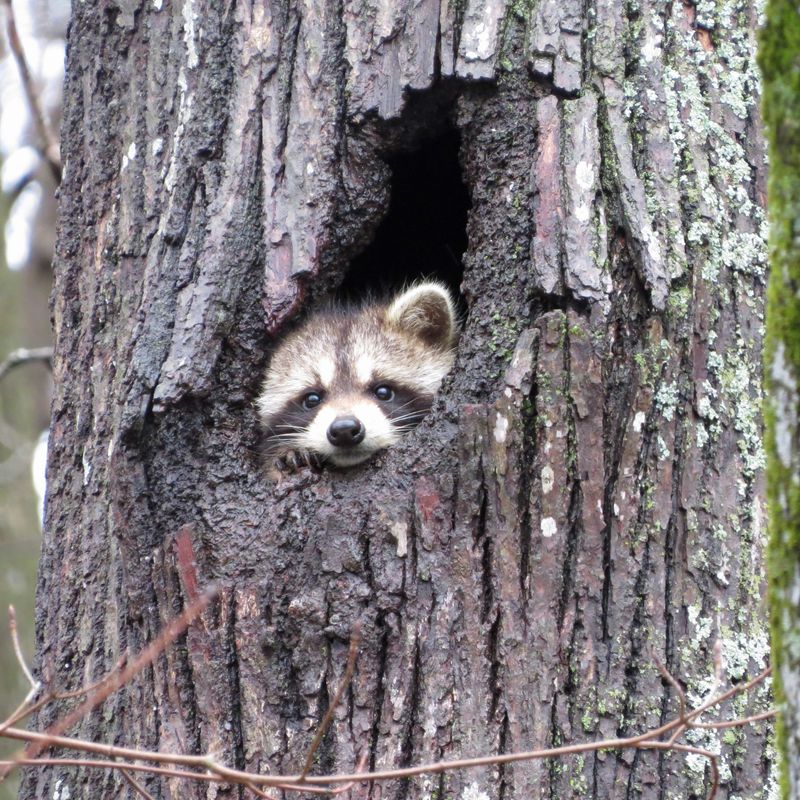
Raccoons are one of the most common carriers of rabies in North Carolina. Getting too close or trying to handle one puts you at serious risk. Rabies is deadly if not treated immediately, and raccoons can bite or scratch when they feel threatened.
Even baby raccoons that look harmless might carry diseases. Never touch a raccoon with your bare hands. If you’ve been bitten or scratched, seek medical attention right away, no matter how small the wound seems.
3. Relocation Often Leads To Death
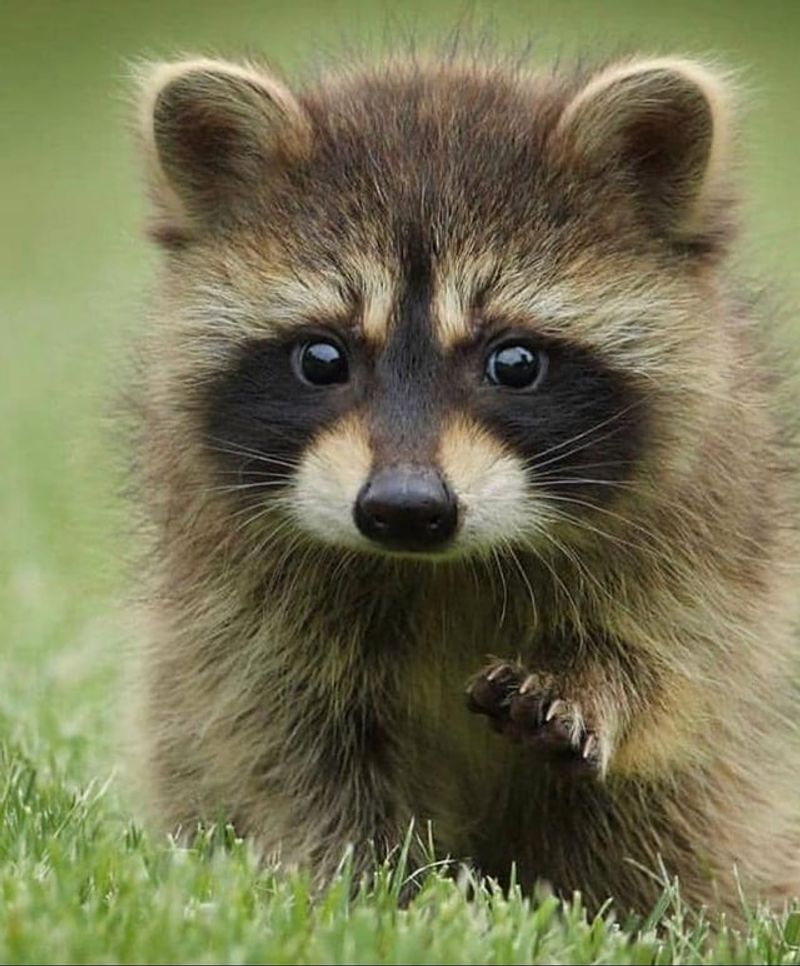
Moving a raccoon to a new area might seem kind, but it usually doesn’t end well for the animal. Raccoons are territorial creatures with established homes and food sources. Dropping one in unfamiliar territory leaves it confused and vulnerable.
Most relocated raccoons struggle to find food and shelter in North Carolina’s varied landscapes. They often starve, get hit by cars, or face aggression from other raccoons already living there. Experts say humane exclusion works better than relocation for everyone involved.
4. Mother Raccoons And Babies Need Special Care

Springtime in North Carolina means baby raccoon season. If you move a mother raccoon, her babies might be left behind to starve. Raccoon mothers are fiercely protective and will fight to return to their young.
Before doing anything, check carefully for babies in attics, chimneys, or crawl spaces. Baby raccoons make chirping sounds that help you locate them. Wait until babies are old enough to leave with their mother, usually around ten to twelve weeks old.
5. Professional Wildlife Control Is Your Best Option
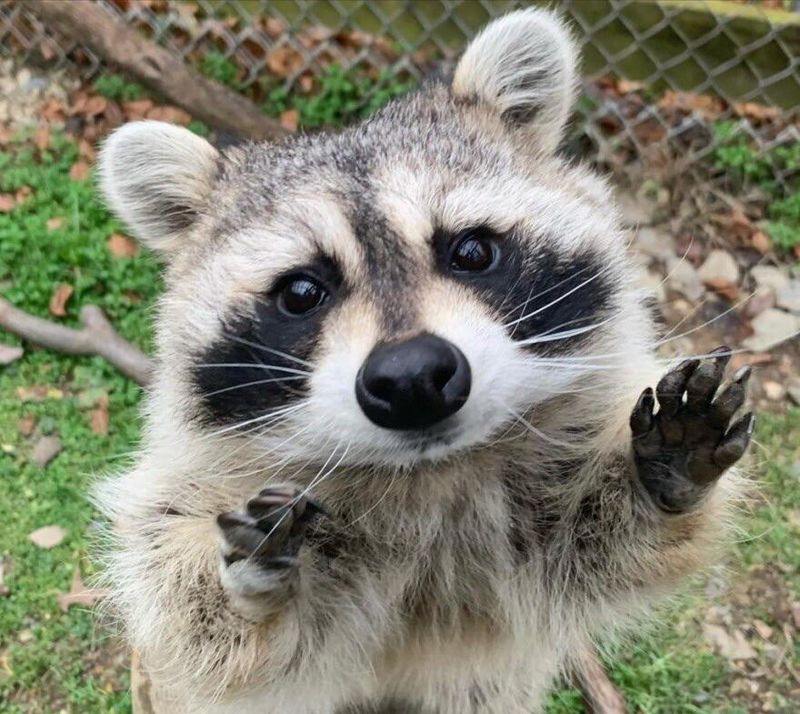
Licensed wildlife professionals know North Carolina laws inside and out. They have the training, equipment, and permits needed to handle raccoons safely. Hiring an expert saves you from legal trouble and protects both you and the animal.
Professional services assess your situation and recommend the best solution. They can humanely exclude raccoons from your property and prevent future problems. While it costs money, professional help is worth the investment compared to fines or medical bills from a bite.
6. Prevention Beats Relocation Every Time

Keeping raccoons away is easier than dealing with them after they arrive. Secure your garbage cans with tight lids or locks since raccoons love easy meals. Seal any openings in your North Carolina home’s roof, chimney, or foundation that could become dens.
Remove pet food from outside and don’t leave bird feeders accessible at night. Trim tree branches that hang over your roof. Simple prevention steps make your property less attractive to raccoons looking for food and shelter.
7. One-Way Doors Work Better Than Trapping
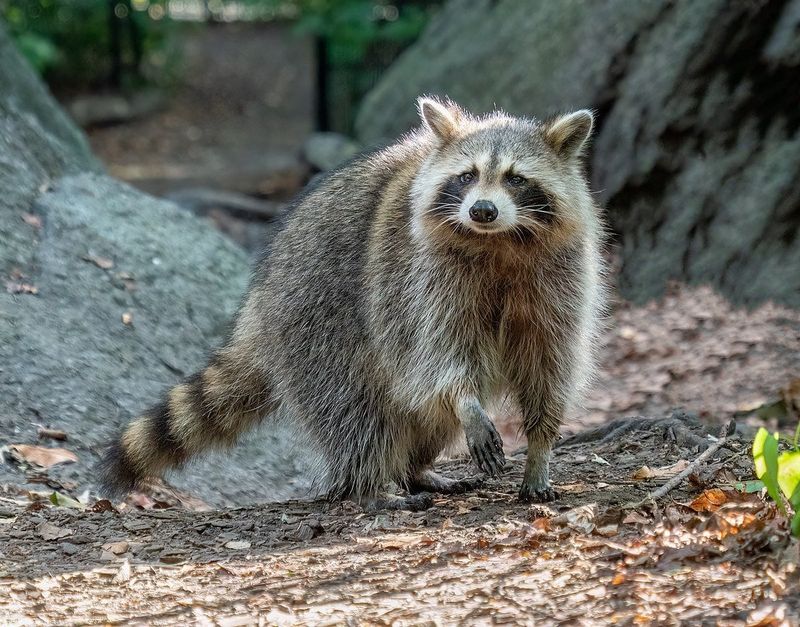
Humane exclusion devices let raccoons leave your North Carolina property but prevent them from getting back in. One-way doors attach to entry points and work with the animal’s natural behavior. The raccoon walks out on its own and simply can’t return.
This method avoids the stress and danger of trapping. It’s also legal in most situations since you’re not actually moving the animal. Once the raccoon leaves, seal the opening permanently to keep others out.

